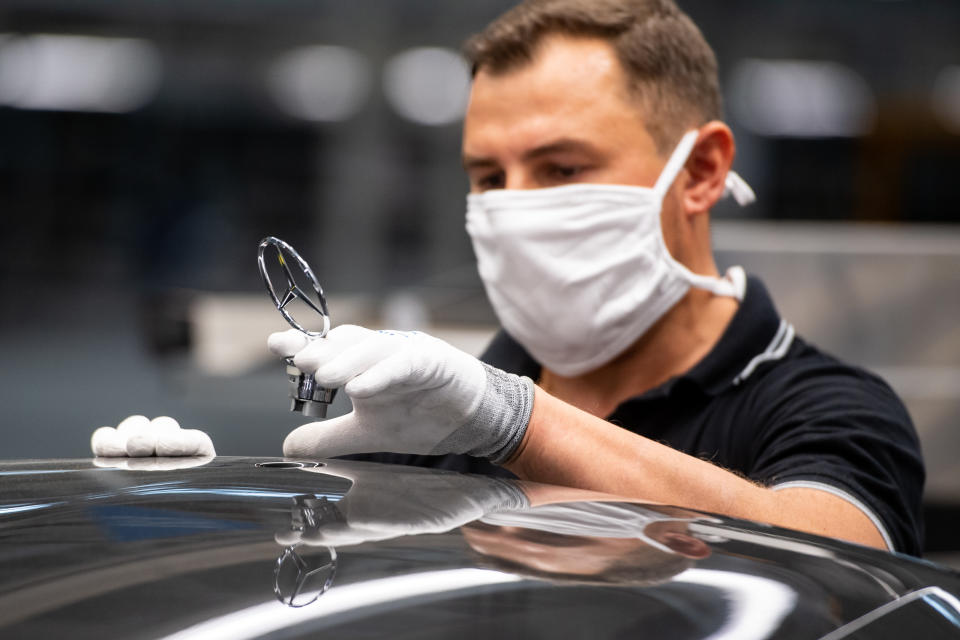German car chiefs meet government to demand more aid amid COVID-19 slump

The heads of Germany’s powerful car companies and automotive suppliers are meeting on Tuesday evening with Angela Merkel’s government to discuss the shaky state of the car sector and what the government needs to do to shore it up in the wake of coronavirus slowdown and ongoing lack of global demand.
The topic of support, in the form of subsidies for fossil-fuel cars, is high on the agenda. The government decided against funding buyer premiums on petrol and diesel cars as part of their stimulus package earlier this year, instead opting to support the switch to greener mobility by increasing subsidies on electric and hybrid vehicles.
However, calls are growing for buyers subsidies on internal-combustion-engine (ICE) vehicles too, with many politicians saying it is essential in order to help industry out of its doldrums.
Transport minister Andreas Scheuer, who is demanding a buyers’ premium for internal-combustion cars during the transition to e-cars, told German public radio (DLF) today that the government must support the car industry and prevent massive job losses.
READ MORE: German car industry warns of job losses due to ‘unprecedented slump’
“There are stockpiles of modern cars; they must leave the car lots,” Scheuer said. “Combustion engines should not be a taboo topic.”
Markus Söder, state leader of Bavaria, which is home to BMW (BMW.DE) and Audi (NSU.DE), has demanded more support from Berlin for the industry — for combustion-engine cars too. “And we need an offer for the hundreds of thousands of jobs in the classic [combustion engine] branch,” Söder told ZDF television.
Many car industry workers are still on short-time hours, or Kurzarbeit as the German job retention scheme is called, but Söder warned that it could come to a situation of mass layoffs.
Merkel, however, suggested last week that she was against buyer premiums for fossil-fuel cars, noting that the overall cut in sales tax in the current stimulus package already lowered the price of ICE cars, and she did not see any need for additional measures.
A study by the German Economic Institute this week said that the auto industry, which employs 936,000 people directly and indirectly, is no longer the locomotive driving the German economy.
READ MORE: Automotive industry no longer growth engine of German economy
Even before the COVID-19 pandemic hit, the car industry had been struggling with overcapacity due to slowing global demand. Brexit, the US-China trade war, new EU emissions regulations, and billions in investment to start manufacturing battery powered vehicles were all weighing on the sector.
Economics minister Peter Altmaier will lay out how the government intends to allocate the €2bn ($3.2bn, £2.4bn) that it has earmarked as stimulus for the automotive industry. According to Spiegel magazine, that money will also be funnelled to suppliers as well as manufacturers.

 Yahoo News
Yahoo News 